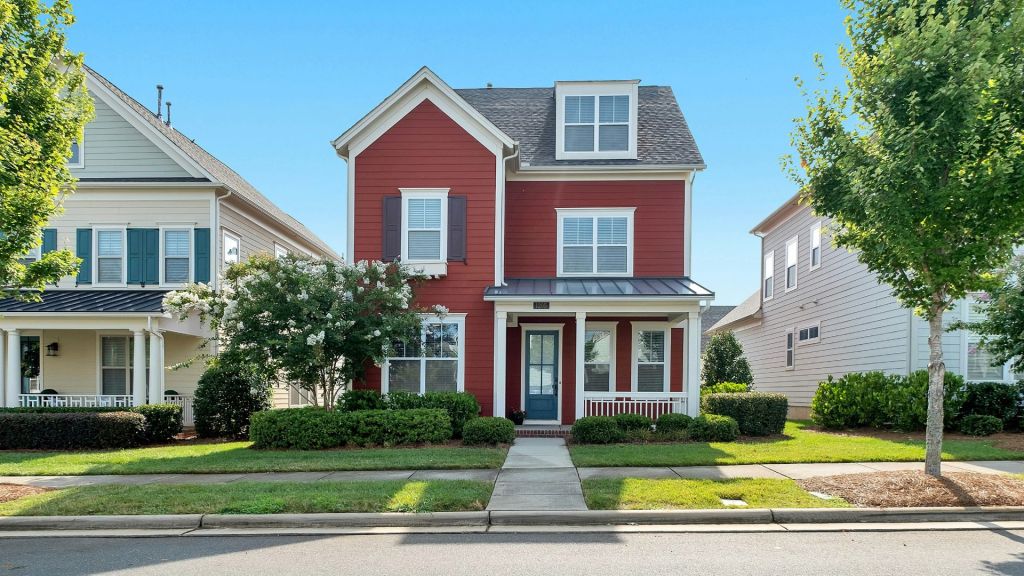By Aja’ Mallory
How does ground rent work?
Ground rent is a lease agreement for the use of the land a house sits on. With ground rent, a homeowner owns the house, but not the land it occupies. Therefore, the homeowner must pay rent to the owner of the land.
A ground rent lease is usually for 99 years and renews indefinitely. Today, ground rent is an investment for ground rent holders who collect small amounts of rent either annually or biannually from multiple properties resulting in a good return on their investment.
Does my property have ground rent?
Maryland law requires that ground rent holders register ground rent leases on the Maryland Department of Assessments and Taxation’s (SDAT) Ground Rent Registry to be able to legally collect them. Ground rent deeds are filed in the land records of the Circuit Court in the county where the property sits. A deed for multiple ground rents owned by one owner is the typical way that the deed will be written. If you are unsure that your property has a ground rent, you can search for a ground registration here: https://sdat.dat.maryland.gov/RealProperty/Pages/default.aspx.
If you discover that there is no ground rent registered on your property, then there is nothing left for you to do. If you are contacted by a business claiming that you owe them ground rent payments, please contact Maryland Volunteer Lawyers Service or any other legal service agency to help you. Why? This could potentially be a scam or the ground rent holder is attempting to illegally collect monies to which they are not entitled.
Maryland law requires ground rent holders to register their ground rents. If a ground rent lease is not registered, the holder cannot (1) collect ground rent; (2) bring a civil action to enforce any rights under the ground rent lease; or (3) bring an ejection action against the homeowner.
If you discover that your property has ground rent. You should contact the owner listed on the registration form to determine how much the ground rent will be yearly or inform the owner that you would like to redeem your ground rent.
What happens if I do not pay my ground rent or fall behind?
If you fall behind on your payments, the ground rent holder can sue to collect up to three years of outstanding payments and foreclose on your home. But they first must send you notices indicating the amount due and where to send the payment. If the ground rent holder obtains a ruling for possession, you have six months to pay what’s due, including late fees, interest, collection costs and expenses.
What does it mean to “redeem” ground rent?
To “redeem” ground rent is to purchase the land (“ground”) your home sits on from the ground rent holder. You can redeem your ground rent unless a ground rent lease was executed before April 9, 1884, and the ground rent holder recorded a “Notice of Intention to Preserve Irredeemability” within the last 10 years.
How much does it cost to redeem ground rent?
The Maryland General Assembly determines this cost. So, you should not receive an arbitrary amount from the ground rent holder.
An example of how ground rent is calculated is based on the legal formula below.
What steps should you take to redeem ground rent?
- First, determine if the ground rent exists and whether it is redeemable/irredeemable.
- Notify the ground rent holder so they can either provide you with the redemption amount and next steps or direct you to complete the application for redemption through SDAT.
- If redeeming through SDAT, mail the items listed below to:
SDAT Ground Rent Department Department of Assessments and Taxation 301 West Preston Street, Room 801 Baltimore, MD 21201-2395
- Application: https://dat.maryland.gov/realproperty/Pages/Ground-Rent.aspx
- Any recorded deed, deed of assignment or other document of transfer that establishes your interest in the property
- Any recorded document that establishes the existence of the ground rent
- A check made payable to SDAT to cover the processing fee of $20 (regular processing in nine weeks) or $70 (expedited processing in five weeks)
- 100 days after you receive notice that your application was approved, mail the following to the SDAT Ground Rent Department:
- Affidavit of Certificate of Redemption https://dat.maryland.gov/realproperty/Pages/Ground-Rent.aspx
- The lump-sum payment via certified check
Aja’ Mallory is a staff attorney at the Maryland Volunteer Lawyers Service. Her practice focuses on housing and consumer issues for Marylanders of limited means.
The post Cracking the code on ground rent: A guide to understanding and managing it appeared first on AFRO American Newspapers.











